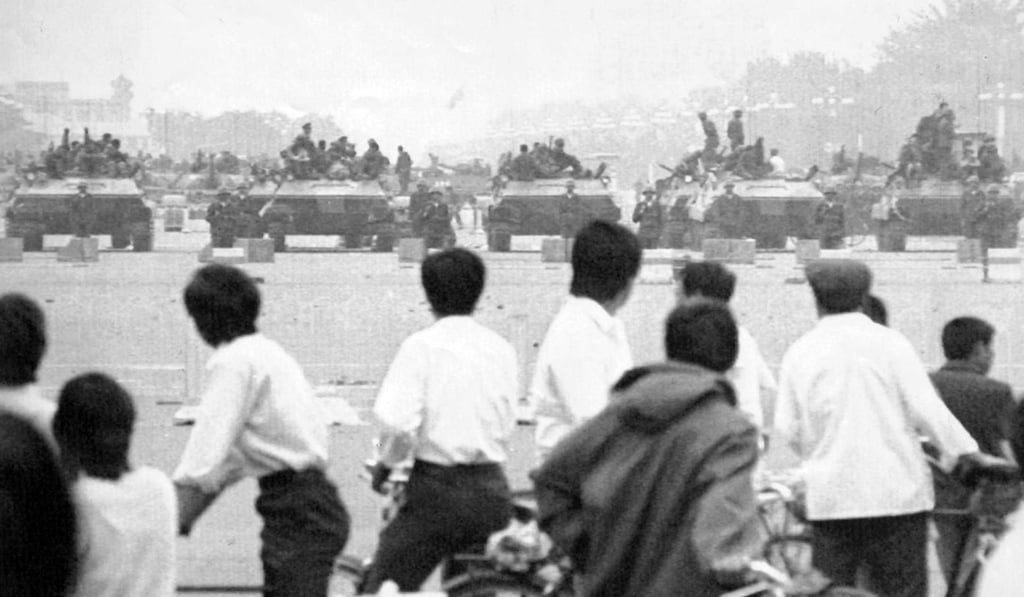Review | People who cannot forget: the Tiananmen crackdown and lives it ruined – survivors interviewed by poet Liao Yiwu
- Poet Liao Yiwu’s searing account of what happened in Beijing on June 4, 1989, and its lasting impact, doggedly collected from witnesses, demands attention
- Liao and the working-class people and peasants he interviews are unsparing in their criticism of decision-makers, and of ordinary Chinese for their passivity

Bullets and Opium: Real-Life Stories of China After the Tiananmen Square Massacre, by Liao Yiwu (trans. by David Cowhig, Jessie Cowhig and Ross Perlin), Atria/One Signal Publishers, 5 stars
“Years have passed,” poet Liao Yiwu writes in Bullets and Opium: Real-Life Stories of China After the Tiananmen Square Massacre. “The butchers are winning.”
Sceptics and apologists whose hackles may be raised by his use of the word “massacre”, let alone “butchers”, should be the first to read Liao’s new collection of first-person accounts from those who, like himself, saw the crackdown that took place 30 years on June 4, 1989.
Their stories go well beyond those told by the people Liao and his subjects sometimes scathingly call the “June Fourth elite” – the students prominently featured in television coverage, many of whom fled abroad or were treated with relative leniency.

They go well beyond the events of that one night in 1989 to describe lives mangled by a juggernaut state in the decades since.
And they go beyond the borders of Tiananmen Square to many other corners of Beijing and to scenes of violent repression elsewhere in China. This may not be a fat volume, but it’s a wide-ranging one.
